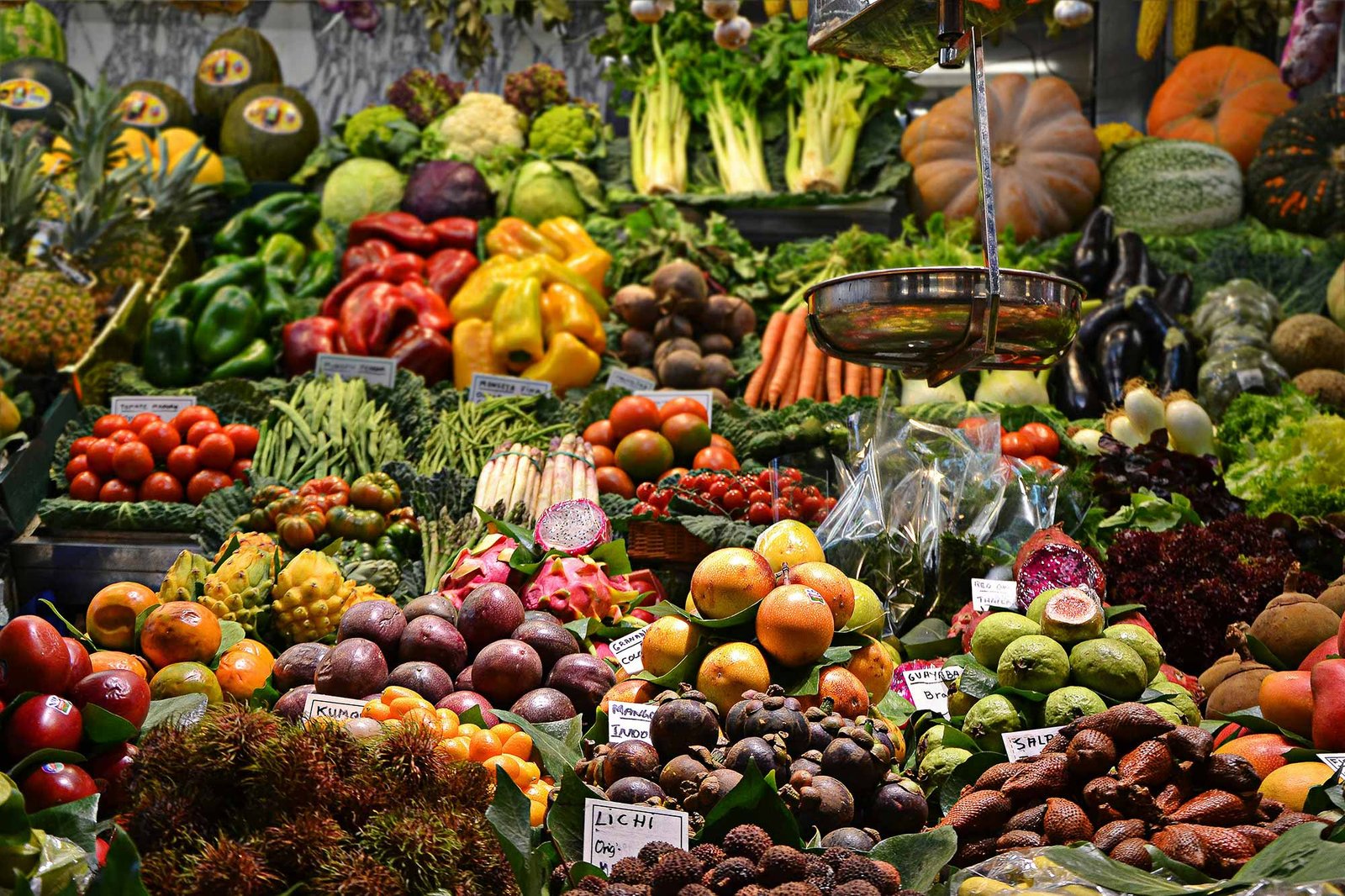Africa is home to one of the most diverse and nutrient-rich food cultures in the world. Spanning over 50 countries, the continent boasts a rich culinary heritage shaped by history, geography, and indigenous agricultural practices. From the grains of the Sahel to the seafood of coastal regions, African food culture is a testament to the ingenuity and resilience of its people. For African nutritionists, understanding and promoting these diverse diets is key to improving health and preserving cultural identity.
1. The Historical Roots of African Diets
African diets have evolved over centuries, influenced by local agricultural practices, trade, migration, and colonial history. Traditional African cuisines are based on natural, whole foods, including grains, legumes, vegetables, fruits, and lean proteins. Many of these foods are now recognized globally for their impressive nutritional benefits.
- Pre-colonial African diets consisted primarily of locally grown and foraged foods such as millet, sorghum, yams, cowpeas, and indigenous leafy greens.
- Trade and migration introduced spices, new cooking techniques, and foods such as rice, bananas, and tomatoes, enriching local cuisines.
- Colonial influences altered food production, prioritizing cash crops over subsistence farming, which led to dietary shifts in some regions.
Despite these changes, traditional African diets remain deeply rooted in sustainability, nutrition, and community-centred eating habits.
2. Regional Variations in African Cuisine
Each region of Africa has its own unique staple foods, cooking styles, and flavor profiles, reflecting the diversity of the continent’s landscapes and cultures.
West Africa: Bold Flavors and Rich Stews
West African cuisine is known for its spicy, flavorful stews, starch-based dishes, and use of palm oil and groundnuts.
- Staple foods: Rice, yams, cassava, plantains, millet, and sorghum.
- Popular dishes: Jollof rice, fufu with egusi soup, groundnut stew, and suya (spiced grilled meat).
- Key ingredients: Palm oil, peanuts, fermented locust beans, and chili peppers.
East Africa: A Fusion of Indigenous and Foreign Influences
East African cuisine blends indigenous ingredients with influences from Indian, Arab, and European traders.
- Staple foods: Maize, sorghum, bananas, lentils, and fish.
- Popular dishes: Ugali (maize porridge), injera (fermented flatbread), nyama choma (grilled meat), and coconut-based curries.
- Key ingredients: Lentils, coconut milk, tamarind, and plantains.
North Africa: Mediterranean-Inspired Delights
North African cuisine is influenced by Mediterranean and Middle Eastern flavors, featuring a mix of spices, grains, and legumes.
- Staple foods: Wheat, barley, couscous, dates, and olives.
- Popular dishes: Tagine (slow-cooked stew), harira (spiced lentil soup), ful medames (fava bean dish), and couscous.
- Key ingredients: Olive oil, saffron, cumin, chickpeas, and preserved lemons.
Central Africa: Root Crops and Hearty Stews
Central African cuisine relies heavily on root vegetables, plantains, and locally grown greens.
- Staple foods: Cassava, yams, maize, and plantains.
- Popular dishes: Moambe chicken (palm butter stew), saka-saka (cassava leaf stew), and kwanga (fermented cassava bread).
- Key ingredients: Palm oil, peanuts, fish, and wild greens.
Southern Africa: A Mix of Indigenous and European Influences
Southern African food culture includes indigenous staples alongside European-influenced dishes due to colonial history.
- Staple foods: Maize, sorghum, beans, and root vegetables.
- Popular dishes: Pap (maize porridge), biltong (dried meat), chakalaka (spicy vegetable relish), and samp and beans.
- Key ingredients: Mopane worms, dried meats, legumes, and wild greens.
3. The Nutritional Power of Traditional African Foods
African diets naturally provide a wealth of essential nutrients, making them a strong foundation for health and wellness. Some of the most nutrient-dense African foods include:
- Ancient grains: Sorghum, millet, fonio, and teff are rich in fiber, protein, and micronutrients.
- Leafy greens: Moringa, amaranth leaves, and African nightshade are loaded with vitamins and minerals.
- Plant-based proteins: Cowpeas, lentils, black-eyed peas, and bambara nuts provide sustainable protein sources.
- Healthy fats: Palm oil, groundnuts, avocados, and shea butter offer essential fatty acids.
- Fermented foods: Ogi (fermented maize porridge), injera, and mahewu (fermented sorghum drink) improve gut health and digestion.
4. The Impact of Modernization on African Diets
While traditional African diets are highly nutritious, modern influences have led to dietary shifts, increasing health concerns such as obesity, diabetes, and hypertension. Some of the key factors affecting modern African diets include:
- Urbanization and fast food culture: Increased consumption of processed foods high in sugar, unhealthy fats, and refined carbohydrates.
- Loss of indigenous food knowledge: Younger generations are consuming fewer traditional foods in favor of Western diets.
- Economic challenges: Imported foods often overshadow local produce, making traditional diets less accessible in some urban areas.
5. Promoting African Food Heritage for Better Health
As African nutritionists, promoting a return to nutrient-rich traditional diets is essential for improving public health. Strategies to encourage healthier eating habits include:
- Educational initiatives: Teaching communities about the benefits of indigenous foods and how to prepare them.
- Supporting local farmers: Encouraging the production and consumption of local grains, legumes, and vegetables.
- Modernizing traditional recipes: Creating contemporary meals that incorporate traditional African ingredients in new and exciting ways.
- Advocacy for food policy changes: Encouraging governments to prioritize food security and support local agriculture.
Conclusion: Celebrating and Revitalizing African Food Culture
Africa’s diverse food culture is more than just sustenance—it is a rich tapestry of history, identity, and wellness. By preserving and promoting traditional African diets, we can improve health outcomes, strengthen cultural heritage, and support sustainable food systems. As nutritionists and advocates for African food culture, it is our role to champion these rich traditions and ensure they continue to nourish generations to come.
Are you passionate about African nutrition and food culture? Join us in promoting traditional African diets for better health and well-being. Share your thoughts in the comments and let’s celebrate the power of African cuisine together!

